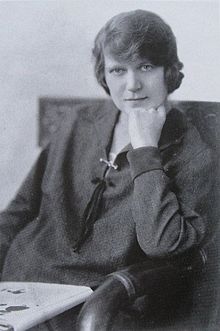
She argues that each word has “a life and personality and character of its own, quite apart from its meaning – some friendly, some unfriendly, some gloomy, some cheerful, some beautiful, some ugly.” In her view, some words convey their meaning by their sound, such as ‘cosy’: “You can’t say the word without being drawn into an atmosphere of closed curtains, heaped up fire, the right book, the right person and the sound of the rain on the window outside”. In November 1948, she gave a talk on Woman’s Hour about this very subject.

They are certainly comical, William remains unexplainable, and adults are shown to be peculiar and mad at times.Īs all fans of Just William will know, Richmal Crompton is magic with words. Crompton initially wrote her stories for adults they quickly became popular with children too. Boys are such funny things.” A hundred years later, my own research for a new biography in the BBC Written Archive has been a timely reminder of Richmal Crompton’s huge impact on readers and listeners of all ages.

In this story, Mr Brown is convinced that the only reason for his son’s behaviour can be that he is mad, whilst his mother is more conciliatory: “there might be some explanation of it all, if only we knew. In October 1923, “William Goes to the Pictures”, the opening story of the first William Book, Just William (1922), was transmitted on BBC radio as a children’s programme. Her first story, “Rice-Mould”, was published in Home Magazine, which was aimed at adults, in February 1919. Richmal Crompton published Just William stories from 1919. In this story, William becomes a Poirot-like figure seeking to solve the mystery of the gardener’s murder (he has not been murdered but might have been if William’s indefatigable logic had held sway – this is an adjective Crompton would surely have used herself). Intertextual references proliferate in Crompton’s writing. Schutte has published all of the mid-twentieth century BBC Just William radio plays written wholly by Richmal Crompton, plus the BBC recording of the above story, following his own research in the BBC Written Archive a decade ago, along with some of Crompton’s unbroadcast manuscripts. Indeed, both Aesop and Crompton wrote fables that reflect on life and encourage us to think about our own.

In the recording, Ginger declares, “Aesop wrote gables didn’t he William?”. William Brown decides that a local murderer lives in a gabled house. In February 1947, a comparison between the recording of the BBC radio play, “The Mystery of the Elms” by Richmal Crompton, and the only available copy of this script, which is taken by David Schutte from Crompton’s original manuscript, illustrates a change that may have been made by the BBC editors, or more likely by Crompton herself.


 0 kommentar(er)
0 kommentar(er)
